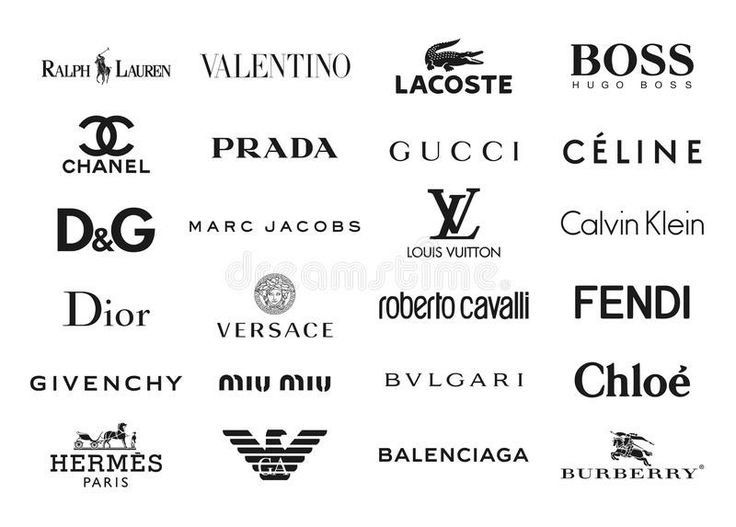Luxury fashion is entering a new era as top brands shift their focus toward sustainability and circular business models. Once known for exclusivity and opulence, the luxury industry is now embracing eco-friendly practices and responsible production. This change is driven by consumer demand for transparency, ethical sourcing, and long-lasting products that don’t harm the planet.
Major names like Gucci, Prada, and Stella McCartney are leading the movement. They’re using recycled fabrics, plant-based leathers, and natural dyes to reduce waste and pollution. Brands are also investing in take-back programs, allowing customers to return used items that can be repaired, resold, or repurposed. This circular approach is redefining luxury — quality and sustainability now go hand in hand.
Younger shoppers are a major force behind this shift. Gen Z and millennials value authenticity and environmental awareness more than flashy trends. They prefer timeless pieces with minimal environmental impact over fast fashion. Luxury labels have recognized this and are using digital platforms to showcase their sustainable collections, telling stories of craftsmanship, care, and conscience.
Technology is also playing a big role in this transformation. Blockchain and digital tags are being used to track the origin of materials, ensuring ethical production. Artificial intelligence helps optimize supply chains to minimize waste, while 3D design tools reduce the need for physical samples. These innovations make sustainability not just a moral choice but a smart business strategy.
Sustainability in fashion is no longer just a trend — it’s becoming an industry standard. With resale platforms, eco-friendly materials, and ethical production practices growing rapidly, the luxury world is setting an example for the rest of the industry. The future of fashion is not just stylish but also sustainable, where elegance meets environmental responsibility.


